National Abortion Rights Groups Have the Wrong Priorities for Our Movement
There is an alarming disconnect between the agenda of our most powerful organizations and the real needs of abortion seekers and providers on the ground.
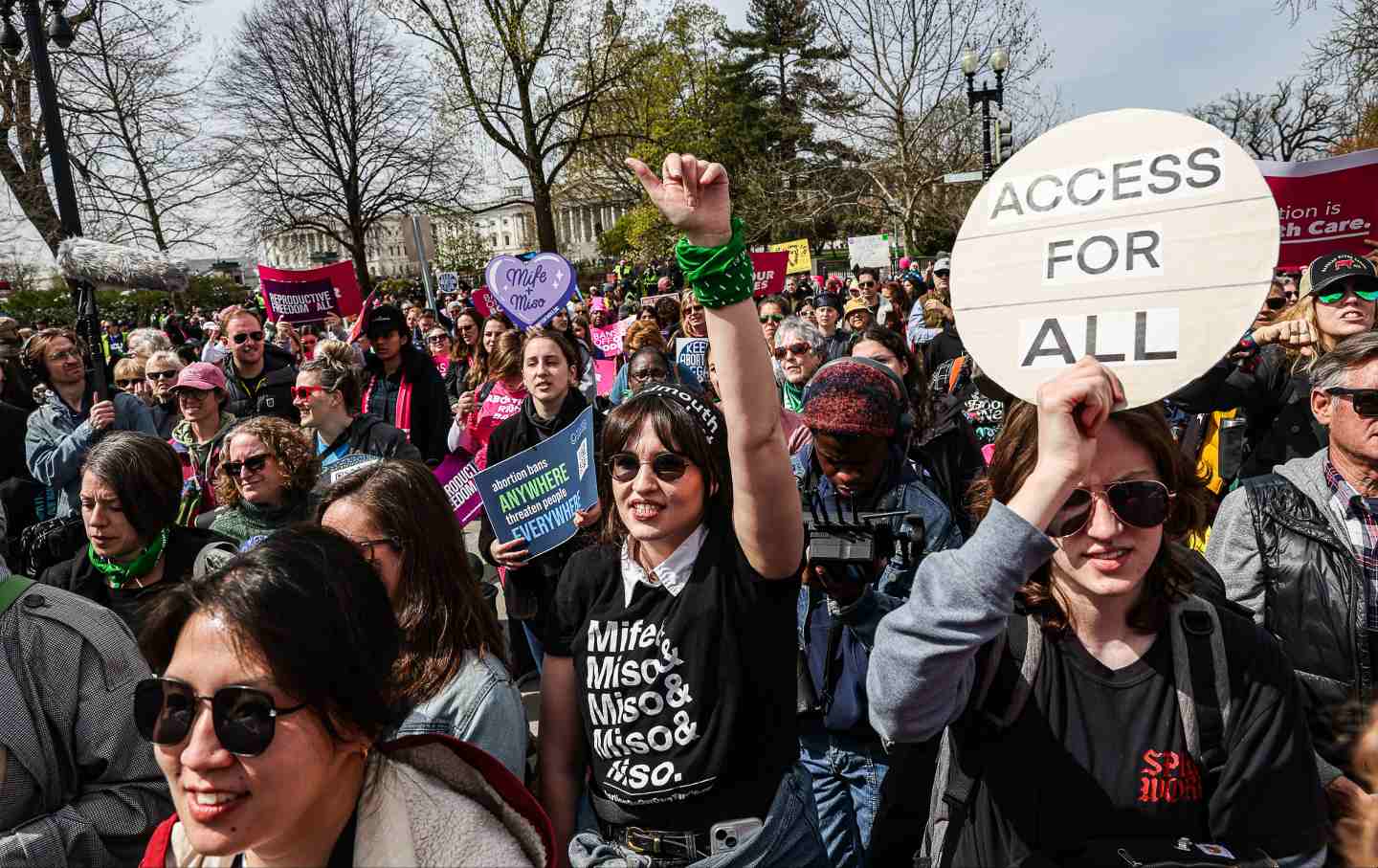
Reproductive justice demonstrators outside the US Supreme Court Building on Tuesday, March 26, 2024.
(Valerie Plesch / Bloomberg via Getty Images)This piece was written and signed by a collective of abortion fund representatives. You can see the full list of writers and signatories at the bottom of the piece.
Two years after the Supreme Court’s Dobbs decision, the crisis of abortion access in America has reached a breaking point.
At the same time, Democrats are making abortion a central issue in their election-year campaigns, and their allies at well-funded national reproductive rights and health nonprofit organizations invest millions in vague, multiyear electoral strategies.
As representatives of local abortion funds across the country, we of course support any political efforts to expand abortion access in the future. But we also want to pose this question to the elite sectors of our movement: Where is your strategy to increase abortion care right now, when it has never been needed more?
Local abortion funds from across the country are eager to share their perspectives and expertise on the challenges of funding abortion in their area, and the frustrations that are brought on by the failure of national reproductive health, rights, and access organizations to attend to the needs of so many pregnant people on the ground.
There is an alarming disconnect between abortion funds, grassroots organizations that are actually providing access to abortion, and large national organizations that are advocating for access.
Local abortion funds were founded as a direct result of the shortcomings of Roe v Wade, which, though it ensured a basic right to some abortion care, enshrined a limited framework that proved vulnerable to conservative assaults long before Dobbs. Abortion funds created a bridge between the theoretical right to an abortion and the real-world ability to access that right for the most marginalized. Local funds know their unique community needs best and work tirelessly to meet them through case management, emotional support, arranging travel and logistical support, and directly covering the costs of abortion care. Unlike national funds, most local funds have no client requirements or restrictions–such as around gestational age or income–and trust the people who seek their help as the experts in their own lives.
Since the Dobbs decision, and subsequent enforcement of extremely restrictive state laws, local funds have used their decades-long expertise, deep relationships, and infrastructure to collectively meet this moment of crisis and support the growing number of people struggling to access abortion. This is despite skyrocketing travel and appointment costs. For the Kentucky Health Justice Network, travel costs have grown by over 500 percent since Dobbs. While the expenses, misinformation, and fear tactics continue to rise, local abortion funds have doubled down on their commitment to supporting their callers, no matter what.
By contrast, some national funds with resources that our organizations could only dream of are making it harder, not easier, to get abortion care. In June, for instance, the National Abortion Federation (NAF) announced that it would be cutting back on the amount it gives people who qualify for its financial assistance program. Where the NAF previously paid for 50 percent of the cost of care, it will now pay for just 30 percent, with no exceptions for exceptionally high abortion prices later in pregnancy. For example, an abortion seeker in Nevada who qualifies for NAF assistance will now be responsible for $1,330 of their $1,900 procedure. This is a significant change from the $800 they would be responsible for under the previous NAF funding parameter. Planned Parenthood also announced similar cuts to its Justice Fund program.
These groups blamed their decision on budget constraints, but their resources dwarf anything local funds can provide. For instance, Planned Parenthood received $275 million in 2022 from just one donor. Every budget is a reflection of priorities. The choice of these well-funded, national organizations to drastically deprioritize their assistance will be felt by abortion seekers and their local abortion funds who will be called upon to bridge a much larger funding gap on tightening budgets. Local and regional abortion funds are often underfunded, understaffed, or volunteer-led. This decision will spread them even thinner, and make accessing abortion care even more difficult.
Then, on Tuesday, June 25, the newly formed Abortion Access Now coalition held a celebration to announce its not-so-new plan to advocate for abortion access in the next decade (not “now” as the name suggests). During this launch, which we watched live, one of the speakers went so far as to say that national groups were the ones holding together the gaps in access since the Dobbs decision. This statement is not only incorrect but an erasure of the work of local abortion funds that have been coordinating access for individuals across the country despite increasingly hostile conditions.
But while the statement was offensive, it was also a telling encapsulation of the warped perspectives and priorities of the most powerful groups in our movement. The national organizations that comprise the Abortion Access Now coalition fundraise endlessly, siphon support from institutional funders and grassroots donors, capitalize on the Dobbs rage donations, and funnel that money into campaign bank accounts. These groups already largely operate hundreds of million-dollar budgets. This is all being done with the promise that this time they’ll be successful in getting their ducks in a row in Congress and repealing the Hyde Amendment. It’s a great idea (and one that abortion funds also dream of), but this campaign is a gross abuse of funding and publicity that deprioritizes actual access to abortion care right now.
Abortion funds exist because governmental and political systems have failed our communities—primarily Black, Indigenous and Native, immigrant, rural, and low-income—and abandoned us in times of need. It is disheartening to be engaged in this work and, in moments of political crisis, to witness groups that should be our partners in the fight—uplifting, investing in, and centering our expertise and critical role—fail us, too. In a larger reproductive justice ecosystem where we should all be working together to create community systems to affect change at all levels, this “new” campaign is just more of the same.
There is clearly a misalignment in values between mainstream, national nonprofits and local abortion funds. We’ve frustratingly watched them support outdated calls to “restore Roe,” to actively lobby against expanding legal protections to abortion pills by mail, and minimize the importance of expanded access to abortions later in pregnancy. The vision of reproductive freedom must come from those most directly impacted rather than the same few out-of-touch legacy organizations with more wealth than all abortion funds combined. We must answer the call of Reproductive Justice, a Black feminist framework, which teaches us that this work must center the most impacted and those rooted in the communities they are a part of. Reproductive freedom is a fundamental human right, and people cannot and will not wait for laws to change—especially over the course of a decade—to exercise that right. In communities like those supported by abortion funds across the country, the work of reproductive freedom is already happening. Without prioritizing material support for abortion seekers, we are putting pregnant people at risk and failing to live up to our movement’s mandate.
Donations to local funds have dwindled and support from Planned Parenthood, NAF, and institutional organizations have retreated. Local funds have been put in a position to disproportionately hold the weight of abortion access while being abandoned based on their more radical and staunch values than their national counterparts. Local abortion funds are the experts in this political moment and deserve respect and investment. Without the ability of those at the grassroots to sustainably do their work, the already fragile abortion access landscape is at risk, and abortion seekers are positioned to lose the most. Now is not the time to put policy advocacy and wealth hoarding over material support. Now is the time to dig deeper into the work that is happening in our communities.
In order to most directly support abortion seekers now, donate directly to your local abortion fund to ensure that your donation gets to abortion seekers, and realizes abortion access right NOW.
Written by:
Tyler Barbarin, Louisiana Abortion Fund
Popular
“swipe left below to view more authors”Swipe →Macy Haverda, Wild West Access Fund of Nevada
Kris Lawler, Tampa Bay Abortion Fund
Josie Pinto, Reproductive Freedom Fund of New Hampshire
Destini Spaeth, Prairie Abortion Fund
Savannah Trebuna, Kentucky Health Justice Network
Chelsea Williams-Diggs, New York Abortion Access Fund
Signatories:
ACCESS REPRODUCTIVE JUSTICE
Abortion Fund of Arizona
Abortion Fund of Ohio
Abortion Freedom Fund
Abortion Liberation Fund of PA
Abortion Rights Fund of Western MA
Carolina Abortion Fund
Cascades Abortion Support Collective
Cobalt Abortion Fund
DC Abortion Fund
Eastern Massachusetts Abortion (EMA) Fund
Emergency Medical Assistance
Florida Access Network
Frontera Fund
Fund Texas Choice
Holler Health Justice
Indigenous Women Rising
Jane’s Due Process
Justice Empowerment Network (JEN)
Kentucky Health Justice Network
Louisiana Abortion Fund
Midwest Access Coalition
Mississippi Reproductive Freedom Fund
Montana Abortion Access Program
New York Abortion Access Fund
Prairie Abortion Fund
Reproductive Freedom Fund of New Hampshire
Richmond Reproductive Freedom Project
SYS Fund with The Afiya Center
Tampa Bay Abortion Fund
Tides for Reproductive Freedom
Utah Abortion Fund
West Fund
Wild West Access Fund of Nevada
More from The Nation
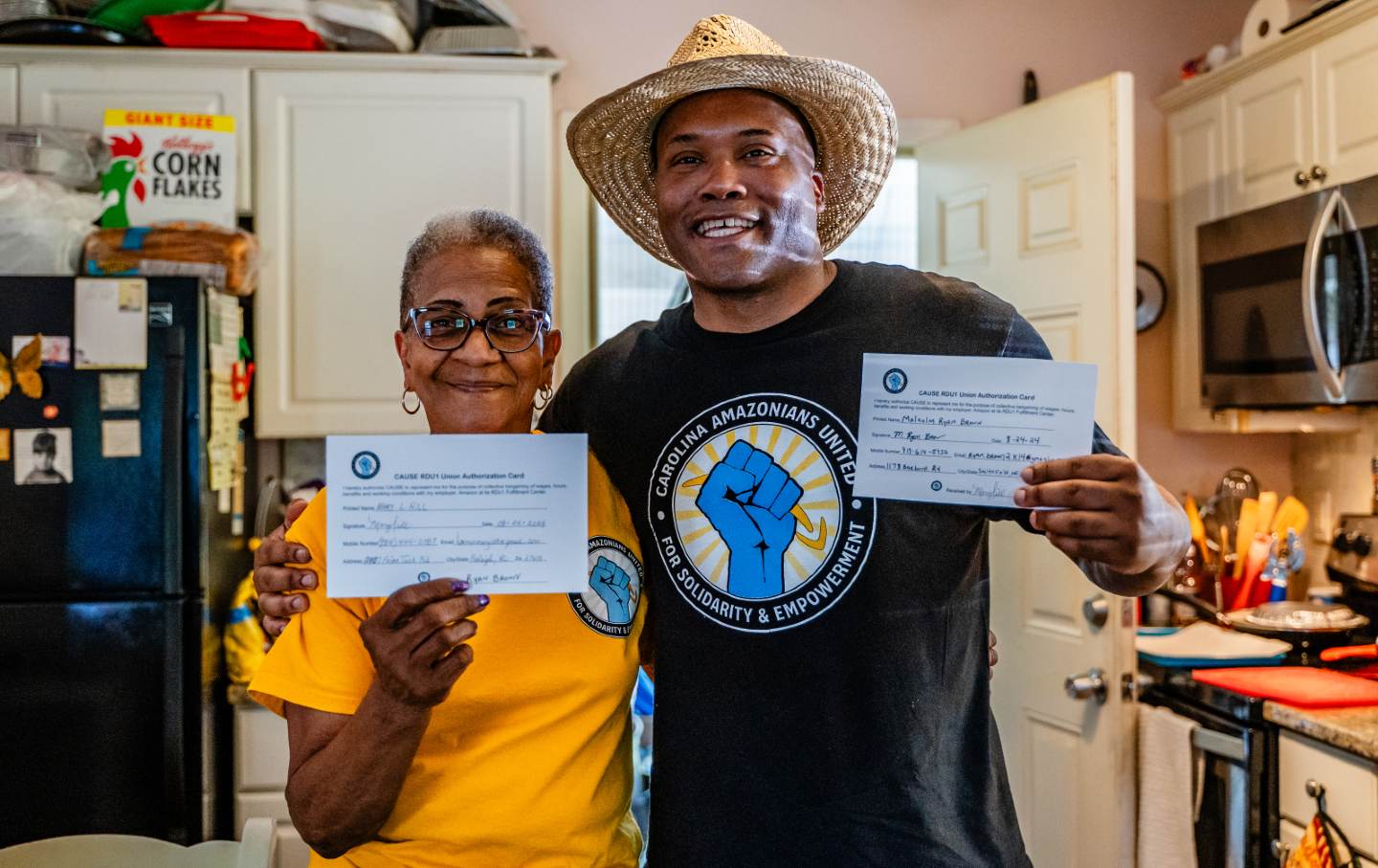
How Amazon Is Taking Its Union-Busting to New Heights How Amazon Is Taking Its Union-Busting to New Heights
Organizers describe fear tactics, amped-up security, and daily town halls as workers vote on whether to unionize.
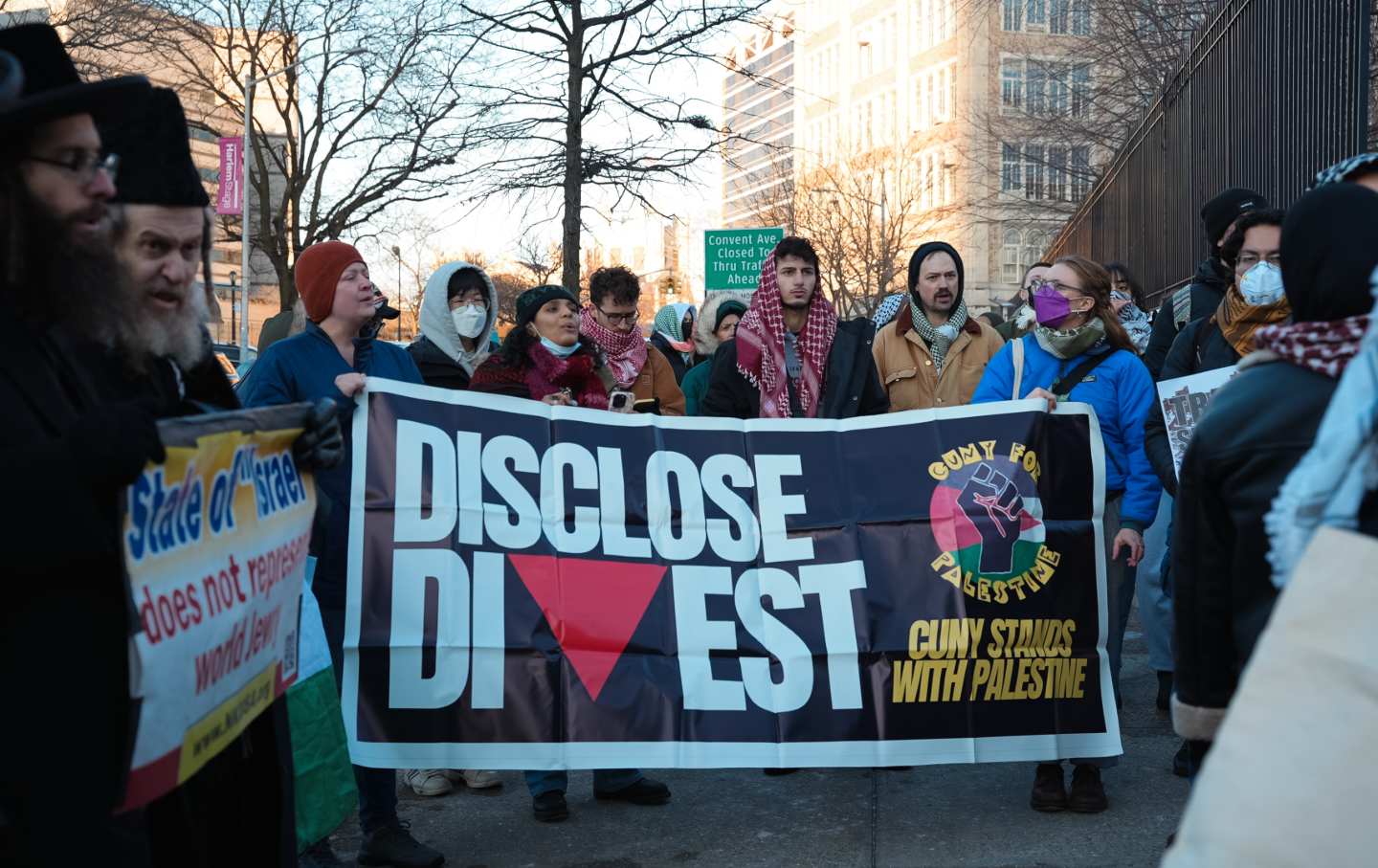
CUNY Is Investigating Student Government Leaders for Boycotting Israel CUNY Is Investigating Student Government Leaders for Boycotting Israel
Three members of CUNY Graduate Center’s student government face an anti-discrimination investigation for a resolution endorsing the demands of last year’s Gaza Solidarity Encampme...
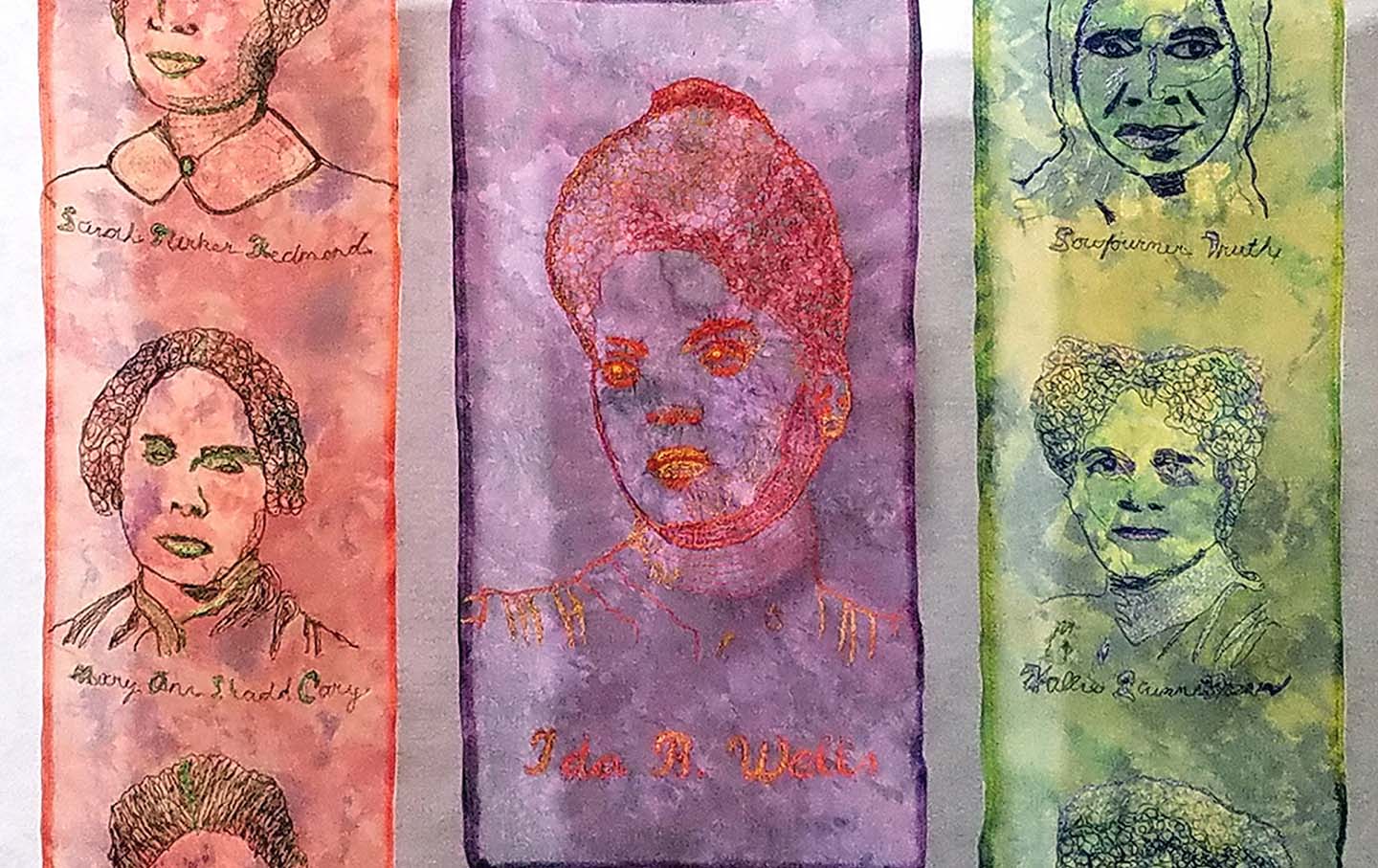
Primary Suffragists, Secondary Recognition. Primary Suffragists, Secondary Recognition.
Black leaders: Sarah Redmond Parker, Mary Ann Shadd Cary, Charlotte “Lottie” Rollin, Ida B. Wells, Sojourner Truth, Hallie Quinn Brown, and Mary Church Terrell.
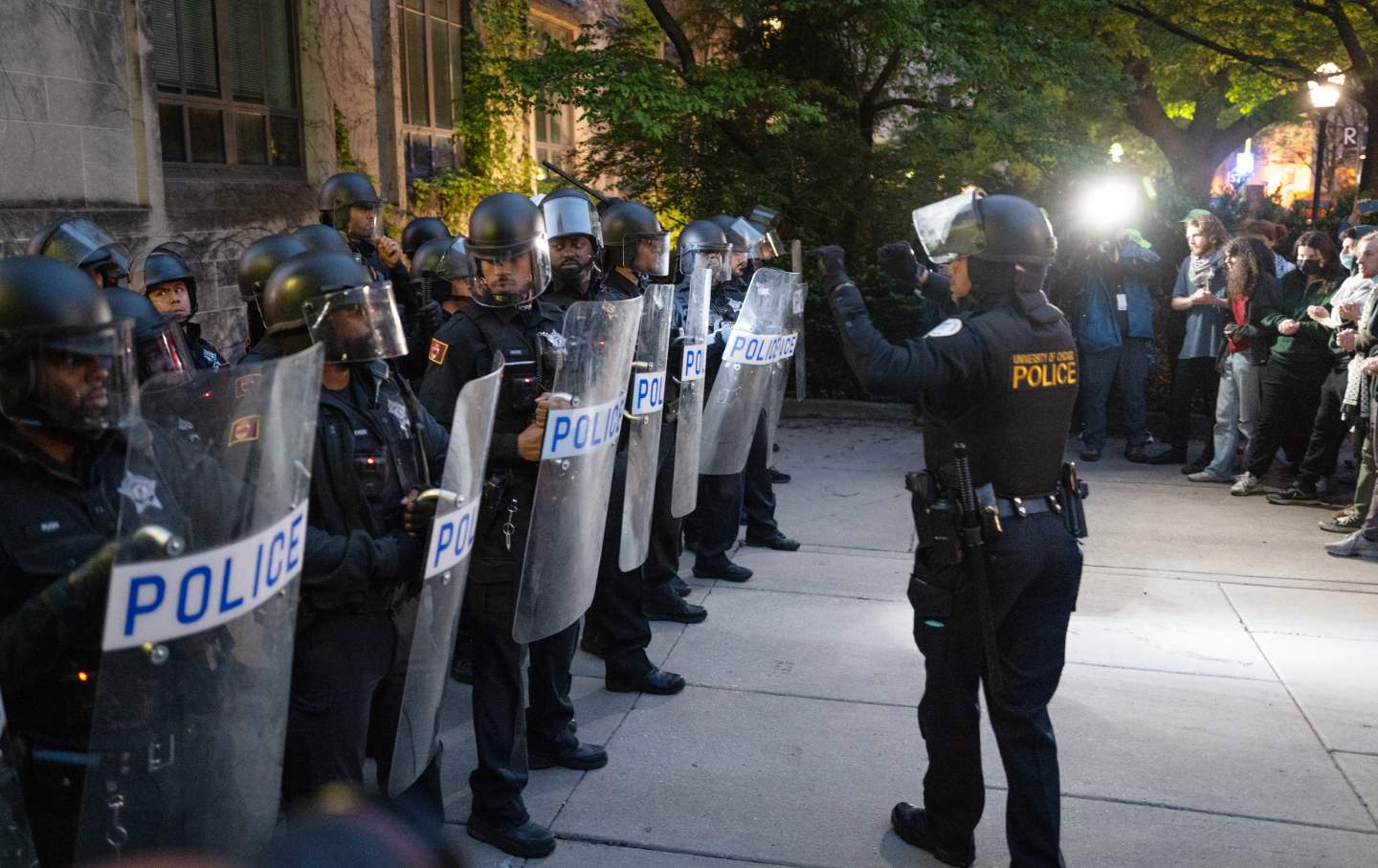
Universities Have Been Doing Trump’s Work for Him Universities Have Been Doing Trump’s Work for Him
The University of Chicago, despite its free speech reputation, has laid the groundwork for the president's threats against students who protest for Palestine.
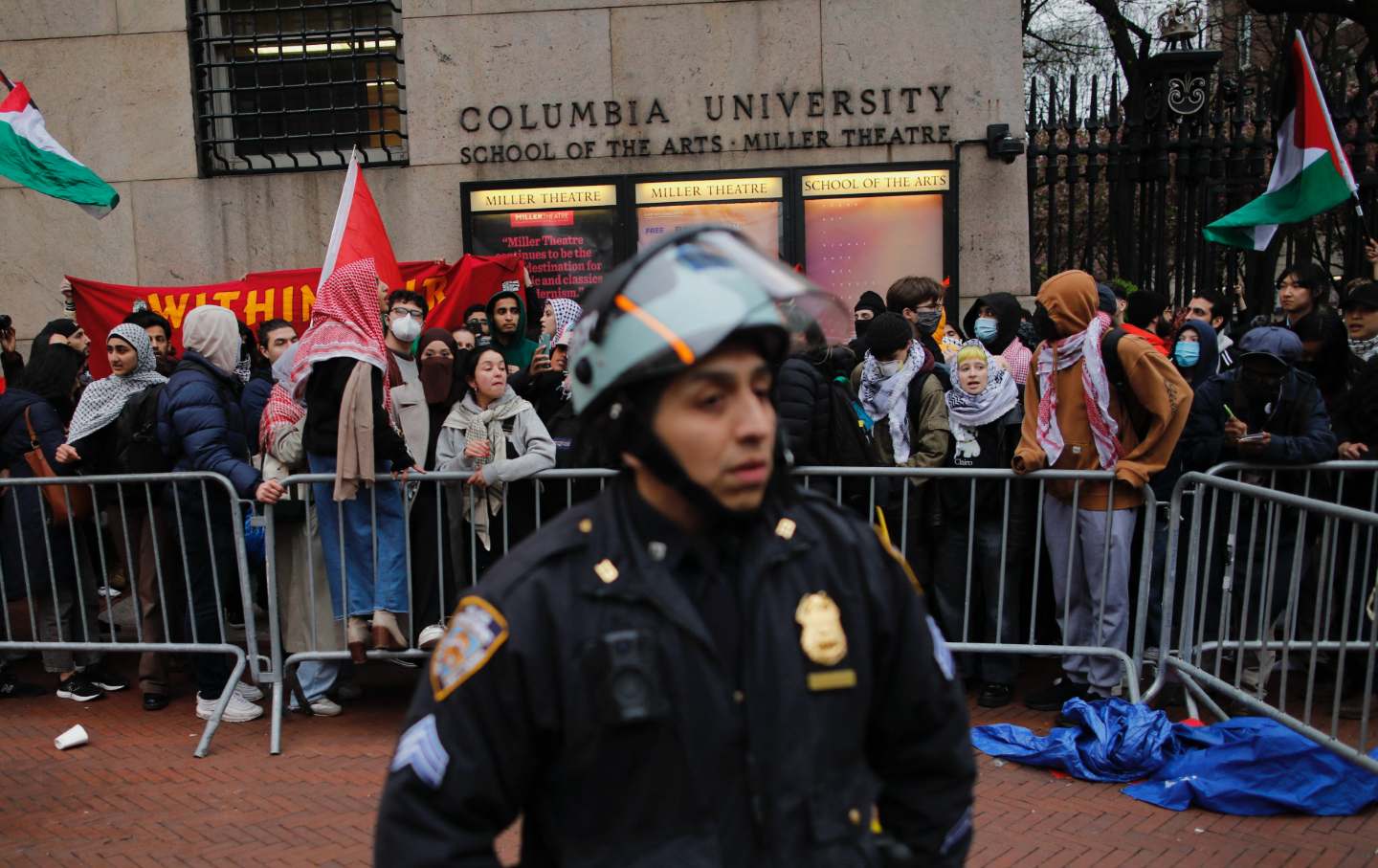
Columbia Students Sue the University for Its “Heinous” Crackdown on Palestine Protests Columbia Students Sue the University for Its “Heinous” Crackdown on Palestine Protests
Three graduate students identified over 30 violations of long-standing protocols, including using the NYPD to mass-arrest activists, in a New York civil suit against the universit...

Dean Spade Explains How to Come Together and Raise Hell Dean Spade Explains How to Come Together and Raise Hell
The activist lawyer speaks to Laura Flanders about his radical self-help book, “Love in a F*cked Up World.”


